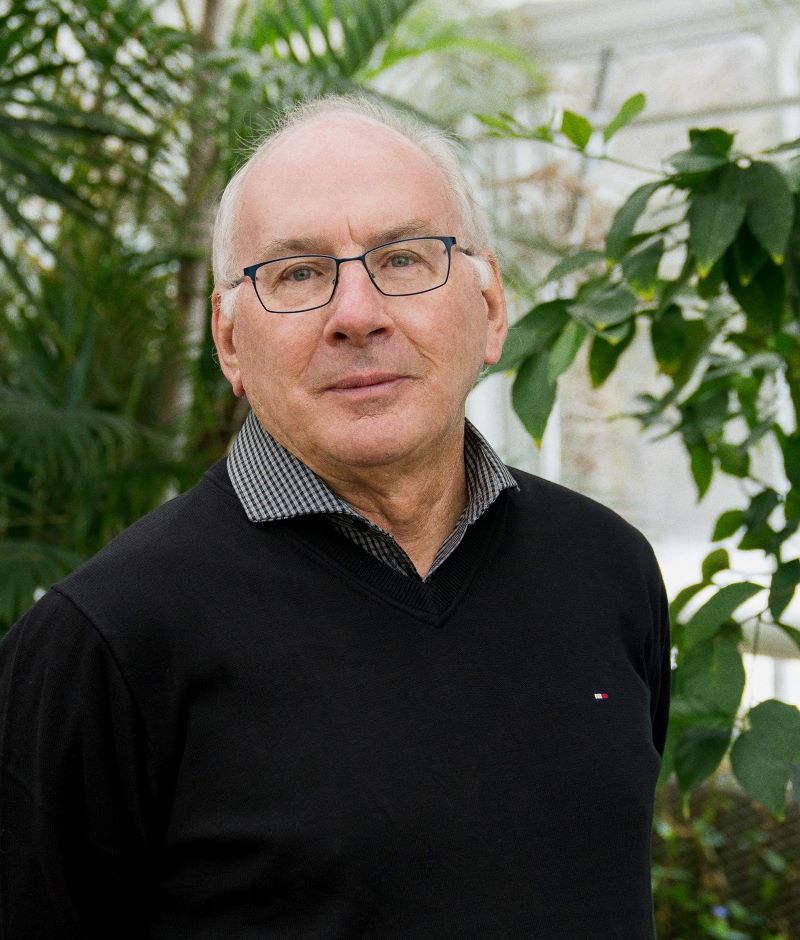
U.K.’s The Guardian featured Prof. Paul Hebert, the director of the University of Guelph’s Centre for Biodiversity Genomics, and the DNA barcoding technology he developed in 2003 that has revolutionized attempts to catalogue all the life on Earth.
As the article notes, it was Hebert who discovered that a short genetic sequence in mitochondria could serve as a DNA “barcode” for all species. The technology is now widely used in everything from tracking the illegal sale and trade of endangered and protected wildlife and plants, to monitoring water quality and identifying undiscovered species.
Hebert’s work has led to the International Barcode of Life (iBOL), a giant reference library of species housed at U of G, and the ambitious BIOSCAN project. Not only is iBOL helping to document the extent of biodiversity loss, new discoveries in medicine, agriculture and food could be hiding in the genomes of these manifold species.
Hebert, Canada Research Chair in Molecular Biodiversity, was recently awarded the prestigious Midori prize for creating “a research alliance which is revolutionising our understanding of planetary biodiversity.”